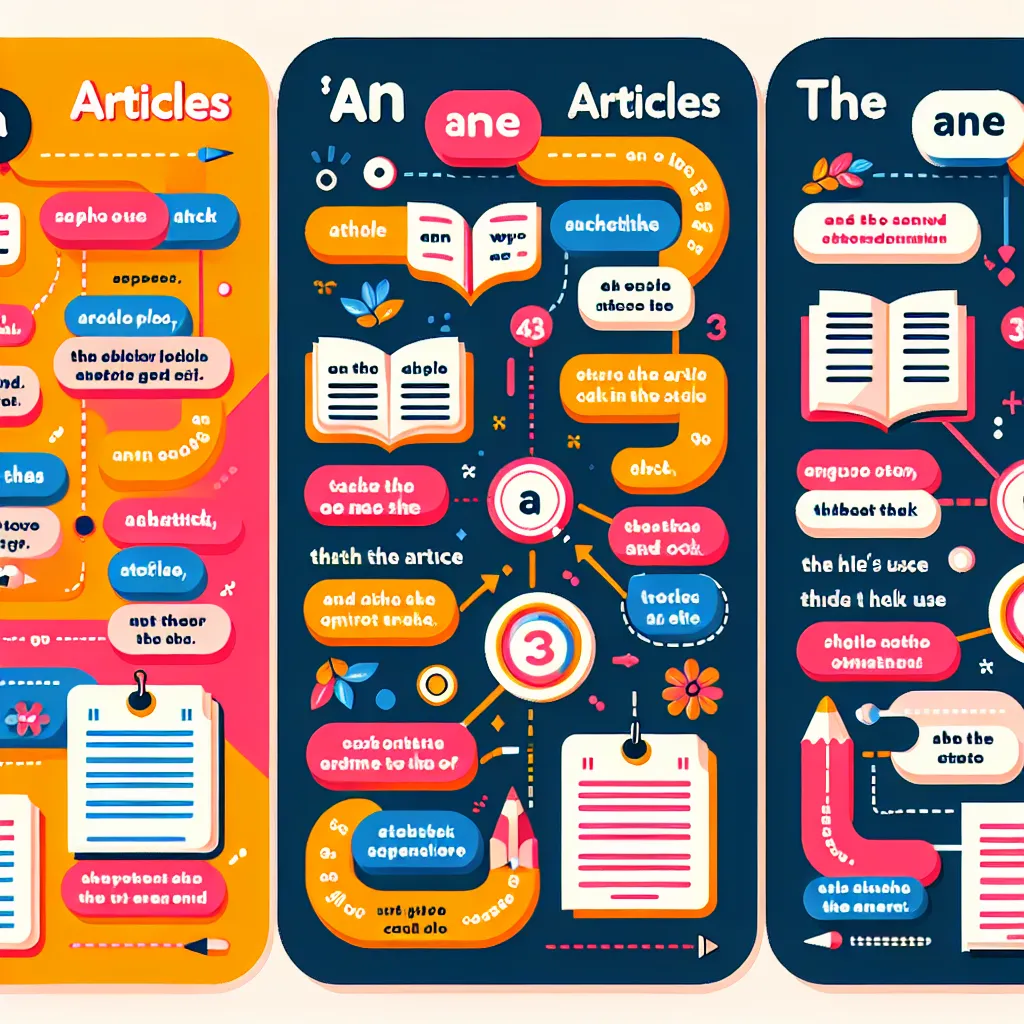Learning grammar rules can be a challenging task, but with the right strategies, you can accelerate your progress and master English grammar more quickly. This article will provide you with practical tips and techniques to help you learn grammar rules faster and more effectively.
Understanding the Importance of Grammar
Before diving into the strategies, it’s crucial to understand why grammar is essential in language learning. Grammar provides the foundation for clear communication, helping you express your thoughts accurately and coherently. Whether you’re preparing for an English proficiency test like IELTS or aiming to improve your everyday communication skills, a solid grasp of grammar is indispensable.
 Importance of Grammar
Importance of Grammar
Effective Strategies to Learn Grammar Rules Faster
1. Immerse Yourself in the Language
One of the most effective ways to learn grammar rules faster is through immersion. Surround yourself with English content:
- Read extensively: Books, articles, and newspapers expose you to correct grammar usage in context.
- Listen to podcasts and watch English-language TV shows or movies: This helps you internalize grammar patterns naturally.
- Practice speaking: Engage in conversations with native speakers or language exchange partners.
Immersion helps you absorb grammar rules subconsciously, making them feel more intuitive over time.
2. Focus on Patterns, Not Just Rules
Instead of memorizing isolated rules, look for patterns in the language. Understanding the underlying structure of English grammar can help you grasp new concepts more quickly.
For example, when learning about conditional sentences, focus on the pattern:
- If + present simple, will + infinitive (First conditional)
- If + past simple, would + infinitive (Second conditional)
By recognizing these patterns, you can apply them to various situations more easily.
3. Use Mnemonic Devices
Mnemonic devices are memory techniques that can help you remember grammar rules more effectively. Create acronyms, rhymes, or visual associations to recall complex rules.
For instance, to remember the order of adjectives, you can use the acronym OSASCOMP:
- Opinion
- Size
- Age
- Shape
- Color
- Origin
- Material
- Purpose
This makes it easier to construct phrases like “a beautiful big old round red Chinese wooden dining table” correctly.
4. Practice with Interactive Exercises
Engage in interactive grammar exercises to reinforce your learning. Online platforms and apps offer a variety of quizzes, games, and exercises that make grammar practice more enjoyable and effective.
Some recommended resources include:
- Duolingo
- Grammarly
- English Grammar in Use (app and book)
- Quizlet
These tools provide immediate feedback, helping you identify and correct mistakes quickly.
5. Learn Grammar in Context
Instead of studying grammar rules in isolation, focus on learning them in context. This approach helps you understand how grammar is used in real-life situations and makes it easier to remember and apply the rules.
For example, when learning about reported speech, study it within the context of news articles or storytelling. This way, you’ll see how the rules are applied in authentic situations.
 Contextual Learning
Contextual Learning
6. Use the Chunking Method
Chunking is a technique where you group related information together. Apply this to grammar learning by studying related concepts together. For instance, when learning about tenses, group them into:
- Present tenses (simple, continuous, perfect, perfect continuous)
- Past tenses (simple, continuous, perfect, perfect continuous)
- Future tenses (will, going to, present continuous for future, future perfect)
This approach helps you see the relationships between different grammar points and makes them easier to remember and use correctly.
7. Teach What You Learn
One of the most effective ways to solidify your understanding of grammar rules is to teach them to others. This technique, known as the “protégé effect,” forces you to organize your knowledge and explain concepts clearly, which in turn deepens your own understanding.
You can:
- Start a study group with fellow learners
- Create explanatory videos or blog posts about grammar topics
- Offer to tutor someone who’s just starting to learn English
8. Analyze Your Mistakes
Pay close attention to the grammar mistakes you make and analyze them. Keep a “mistake journal” where you record errors, correct them, and note the relevant grammar rule. This practice helps you become more aware of your common mistakes and prevents you from repeating them in the future.
Common Pitfalls to Avoid
While working on improving your grammar, be aware of these common pitfalls:
- Overreliance on translation: Try to think in English rather than translating from your native language.
- Ignoring exceptions: English has many exceptions to its rules. Don’t overlook them.
- Neglecting practice: Regular practice is key. Don’t just study rules; apply them in your speaking and writing.
- Focusing too much on perfection: Don’t let the fear of making mistakes hold you back. Mistakes are a natural part of the learning process.
Next Steps for Continued Improvement
Once you’ve implemented these strategies and feel more confident with your grammar skills, consider these next steps:
- Take a proficiency test: Assess your progress with standardized tests like IELTS or TOEFL.
- Join advanced English classes: Look for courses that focus on nuanced grammar usage and academic writing.
- Read academic papers or literary works: Challenge yourself with more complex texts to further refine your grammar skills.
- Write regularly: Start a blog or journal in English to practice applying grammar rules in your own writing.
For more tips on improving your overall English skills quickly, check out our guide on how to learn English faster.
Conclusion
Learning grammar rules faster is achievable with the right approach and consistent effort. By immersing yourself in the language, focusing on patterns, using mnemonic devices, practicing interactively, learning in context, applying the chunking method, teaching others, and analyzing your mistakes, you can significantly accelerate your grammar learning process.
Remember, the key to mastering English grammar is not just memorizing rules but understanding how to apply them effectively in real-life communication. Stay patient, practice regularly, and don’t be afraid to make mistakes. With time and dedication, you’ll see substantial improvements in your grammar skills.
For more strategies on improving your grammar in conversations, visit our article on strategies for improving grammar use in conversations.
We encourage you to share your own experiences and tips for learning grammar rules faster in the comments below. What strategies have worked best for you?




